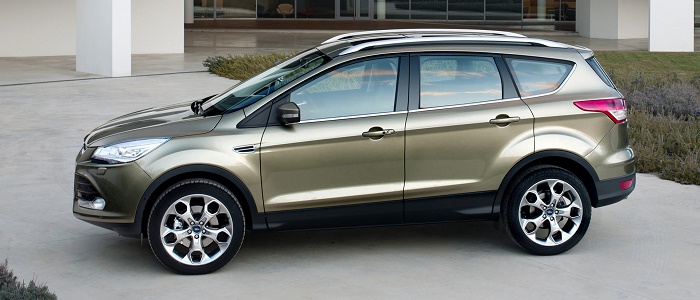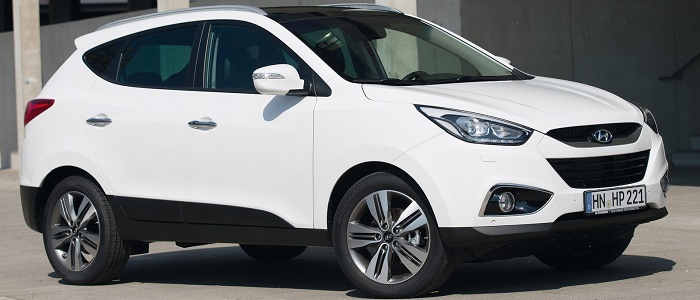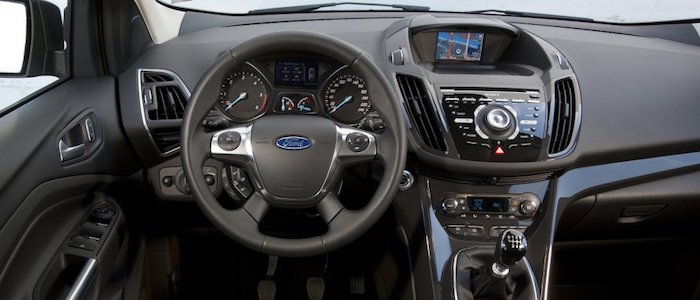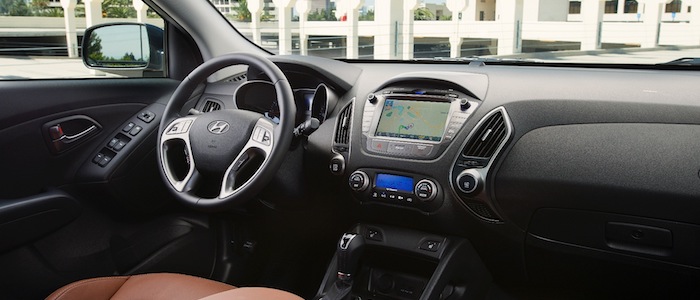Compare two cars
Compare any two cars and get our Virtual Adviser™ opinion
Dimensons & Outlines
Check vehicle history
Engine
1.6 Gamma G4FD GDI HP
Performance (manual gearbox)
Performance (automatic gearbox)
Expenses
Virtual Adviser's™ opinion
Two significantly similar cars, no doubt about that. Still, each one has something different to offer. Having both cars powered by petrol engines and utilizing the 5-door suv body style within the same 'SUV' segment, the only major difference here really is their wheel drive configuration (4 x 4 for the Ford and front in the case of the Hyundai). The first one has a Ford-engineered powertrain under the hood, a 4-cylinder, 16-valves 185hp unit, while the other one gets its power and torque from a 4-cylinder, 16-valves 136hp engine designed by Hyundai.
SafetyBoth vehicles got tested by European New Car Assessment Programme (Euro NCAP), with the same number of safety stars gained in the process. Moving further on, let's take a closer look at some additional safety-related facts. Both vehicles belong to the suv segment, which is generally a very good thing safety-wise, but it doesn't do much to help us decide between the two. Furthermore, when it comes to weight, a factor that most people underestimate, the American car offers a potentially life-saving difference of 31% more metal.
ReliabilityI don't like generalizing things when it comes to reliability, although it does seem that both brands display similar results in faults and breakdowns, all the models observed together. These are the official statistics, while our visitors describe reliability of Ford with an average rating of 4.4, and models under the Hyundai badge with 4.5 out of 5. Independent research findings rank Kuga as average reliability-wise, and ix35 is more or less at the same level.We should definitely mention that owners of cars with the same powertrain as the American car rank it on average as 4.0, while the one under the competitor's bonnet gets 4.6 out of 5.
Performance & Fuel economyFord is undoubtly more agile, reaching 100km/h in 1.4 seconds less than its competitor. In addition to that it accelerates all the way to 200 kilometers per hour, 22km/h more than the other car. When it comes to fuel economy the winner has to be the Korean car, averaging around 6.4 liters of fuel per 100 kilometers (44 mpg), in combined cycle. We can't ignore that 20% difference compared to the American car.
Verdict
Hyundai appears just a bit more reliable, although the difference is truly marginal. The most important thing when deciding between any two vehicles should always be safety, both passive and active. In my opinion, everything taken into account, the American car offers much better overall protection, which launches it ahead of the other contender. It all continues in the same direction, with Ford outracing its opponent in any situation possible, making it better choice for boy racers. It does come at a cost though, and that's the fuel consumption... No mistake, whatever you decide here, but I'd still go for the Ford. Anyway, that's the most objective conclusion I could've came up with and it's based solely on the information found on this website. Aspects such as design, practicality, brand value and driving experience are there for you to measure them out. Also, you could use the oportunity to find out which car, everything taken into account, would be the perfect choice for you in the eyes of the virtual adviser™, among thousands of similar, yet so different vehicles.

































